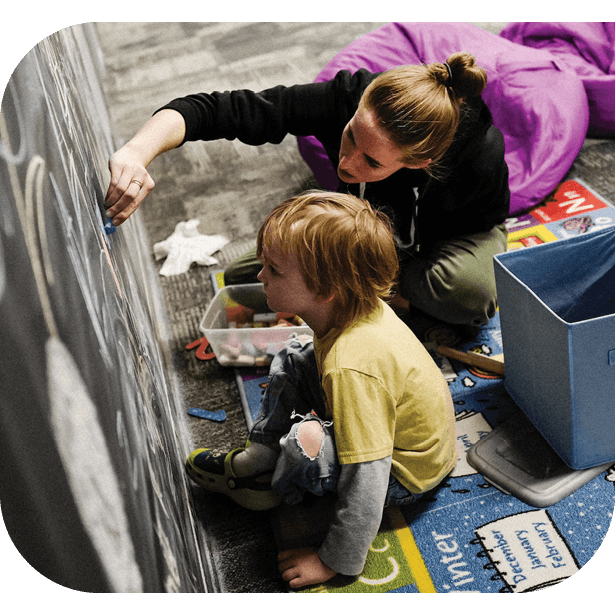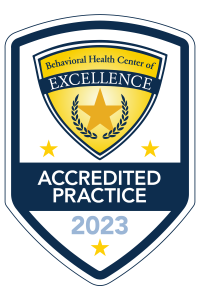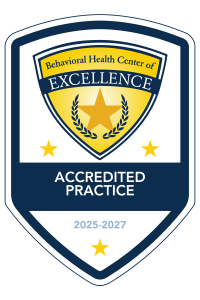Signs of Autism Spectrum Disorder in Children:
What Parents Should Know
Understanding the signs that can be associated with autism spectrum disorder (ASD) is vital to getting children with ASD connected to the help, resources, and support they need. When it comes to autism intervention, the earlier the better. Let’s explore some common signs of autism, when to seek help, and how InBloom Autism Services can come alongside you and your child with life-changing therapy and support.
Common Signs of Autism in Children
Though each child is different, there are certain common signs of autism spectrum disorder you should be aware of. These typically involve communication, socialization, behavior patterns, and sensory processing. With any signs related to ASD, it’s important to understand that there’s a spectrum of severity involved. For example, signs of language difficulty in children with autism can range from being nonverbal to difficulty having an extended conversation.
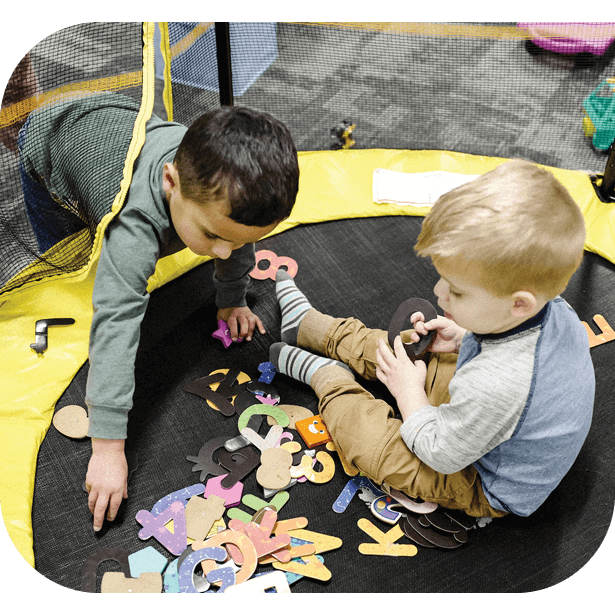
Communication and Social Signs
Children with autism spectrum disorder may have certain challenges when it comes to engaging with others and communicating effectively, including:
- Delayed speech, significant limitations or absence of speech, or loss of progress made
- Not responding to their name
- Difficulty understanding and responding to facial expressions
- Resistance or avoidance of physical contact
- Limited or fleeting eye contact
- Difficulty communicating wants and needs
- Preferring to play alone or to do solitary activities majority or all of the time
- Showing signs of frustration or rigidity when others try to join in play/activity or to do something differently
- Repeating sounds, words, or phrases without apparent intent to communicate
- Difficulty interpreting and/or responding to nonverbal cues
- Difficulty beginning or carrying on conversations.
Restricted & Repetitive Behaviors
Repetitive or restricted behaviors may also be a sign of ASD:
- Repetitive motions like rocking or hand flapping.
- Fixating on a specific activity or object with intense focus.
- Fascination with an object or its details—like spinning wheels on a toy car —without fully grasping its function.
- Restricting eating to only specific foods or foods with a particular texture.
- Dependence on specific rituals or routines and distress at any changes to these.
Sensory Processing Signs
Children with autism spectrum disorder often have difficulty processing certain stimuli or multiple stimuli. This can lead, in turn, to challenging behaviors and/or avoidance of certain items, activities, and places. Sensitivities may include, but are not limited to: Noises, Lights, Smells, Tastes, and Balance.
Children with ASD may also be sensitive to awareness of their body’s movement and position or internal body sensations. Hypersensitivity or hyposensitivity to sensory stimuli may lead to behaviors including:
- Repetitive movements (stimming).
- Fidgeting.
- Covering their ears or eyes.
- Escalating emotions.
- Talking more quickly or falling silent.
- Needing to escape a stressful situation.
Age-Specific Symptoms of Autism
Certain signs of autism can be more evident at certain ages:
Early Signs (0-2 years)
- Not responding with expressions like smiles.
- Difficulty understanding or imitating gestures like pointing.
- Not making cooing or babbling noises.
- Not engaging in simple, interactive games (like peek-a-boo).
- Not engaging with other children in play.
- Not noticing when others are upset or hurt.
Toddler Signs (2-3 years)
- Fixating on specific routines or objects.
- Becoming frustrated when a routine is changed slightly.
Preschool Signs (3-5 years)
- Not engaging in pretend play themes (like a superhero, fireman, or teacher).
- Not acting, dancing, or singing.
- Sensitivity to certain textures, foods, sounds, lights, or materials.
School-Age Signs (6-12 years)
- Delays in understanding or processing language.
- Having fixed, rigid interests.
- Often spending time alone.
When to Seek Professional Assessment
If you notice any signs of autism spectrum disorder or are concerned about your child’s development, language ability, or social skills, don’t hesitate to seek professional help and assessment.
The Autism Screening and Diagnostic Process
At InBloom, we’re proud to offer autism diagnostic evaluations in select regions with our experienced Licensed Psychologist, Dr. Jacqui Otto. If Dr. Otto is not available in your area, our team will refer you to reputable diagnostic providers in your location.
The first part of an assessment involves gathering information about your child. As a parent or caregiver, you have a central role in this process. You’ll discuss your observations of your child and any concerns you may have. You may complete a questionnaire and share information in an interview with Dr. Otto. Next, a play-based assessment allows Dr. Otto to conduct a formal autism assessment. We use the ADOS-2, an evaluation tool that is considered the gold standard for autism evaluation. Lastly, observation of your child in a play-based, interactive setting is key to seeing your child’s natural behavior and understanding their strengths and challenges. Throughout the diagnostic process, we ensure that your child is comfortable and at ease. Dr. Otto adjusts her evaluation for the specific needs and interests of each child and includes parents or caregivers in the process.
InBloom’s Child-Focused Assessment Approach
At InBloom, our assessment approach is personalized and child-focused. We understand that each child is unique, and a cookie-cutter approach is inadequate. Getting a complete picture of your child’s development, strengths, needs, and challenges is key to an accurate evaluation.
Early Intervention In ASD
After an autism diagnosis, early intervention is key to ensuring optimal outcomes for your child. ABA therapy, an evidence-based approach to helping children with autism, can help your child learn the communication, language, social, and life skills they need to bloom and succeed. For the best outcome, ABA therapy needs to start early.
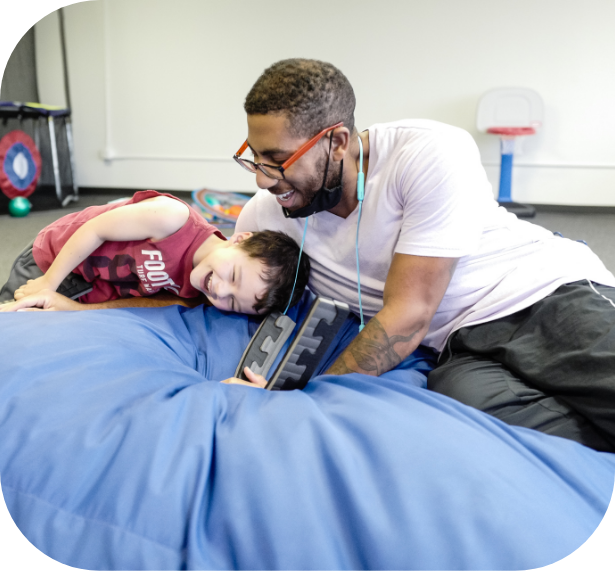
InBloom Autism Services: Helping Your Child Unlock Their Future
At InBloom, we’re dedicated to fostering your child’s learning and success. We also make parents, families, and caregivers active partners in the therapy process. From helping you understand autism to coaching you in fostering your child’s progress outside of therapy, we’re here for you each step of the way.
To learn more about starting your child’s ABA therapy journey at InBloom, contact us today!
Our Clinical Leads
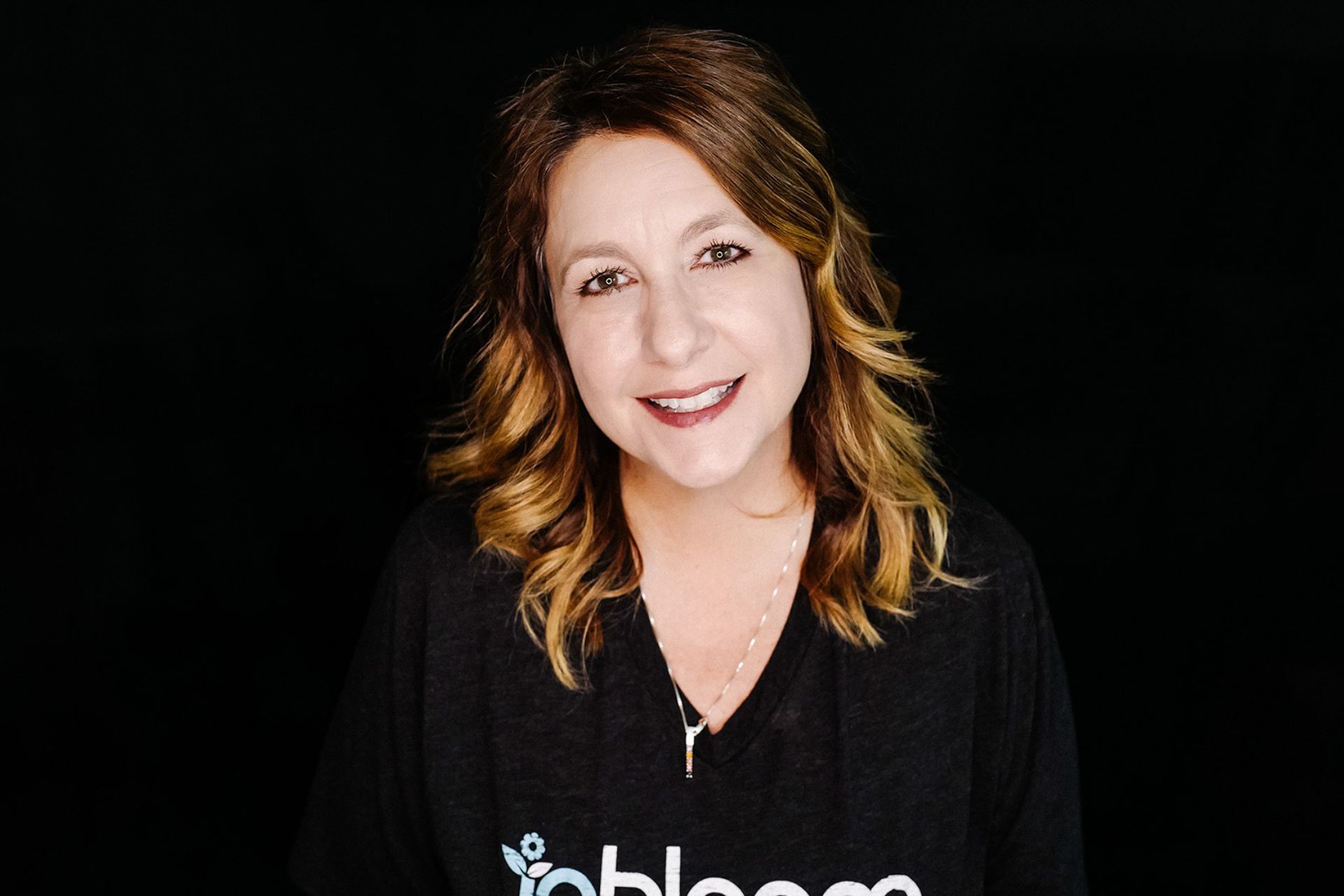
Jaqui Otto, PhD
Clinical psychologist

Yana Grigoryeva, M.S., BCBA
Clinical Vice President

Archana Rajareddy, M.S., BCBA
Clinical Vice President


